 |
| Giles Swayne - photo David Julien-Waring |
For those wanting to learn more about Giles Swayne's new piece, there is an open rehearsal on Wednesday 1 March 2017 at Parkside Theatre, Parkside Community College, Parkside, Cambridge, CB1 1EH, when people will get the chance to hear the new work in rehearsal as well as being able meet and chat with Giles Swayne. Those interested should email openrehearsal@newcambridgesingers.org.uk.
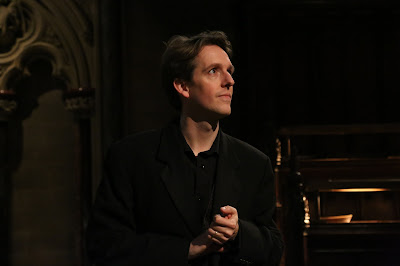 |
| Giles Walker - photo Kip Loades |
New Cambridge Singers is choir of around 38 adults from in and around the Cambridge area, combining those on the University staff with townsfolk and those from further afield. Set up in the 1980s, Graham took over four years ago. Last year they ran a composition competition, and part of the brief was to include a choral part for audience members, which Graham sees as a way of enlivening the project. The winning piece Then the angel showed me the river, a setting of a text from the Book of Revelation by Paul Newton-Jackson includes an audience part which not only includes standard homophonic music but has aleatoric passages too, which Graham thinks will be an interesting challenge to the audience.
Giles Swayne was given a fairly open brief about the commission, and he finds the combination of choir and viols interesting though admits to some degree of nervousness about the balance as he has never written for this distinctive combination before, but where possible the viols are used when there is not too much choral texture. The text came about because Giles came across a wonderful passage in Joyce's Ulysses where Joyce goes through a series of pastiches of English style from Middle English to 20th century, and this includes a pastiche of the King James Bible, 'Therefore, everyman, look to that last end that is thy death', and so Swayne read further in the book and ended up setting a series of short passages in what he calls a 'strange collage of words'.
The piece opens with what Giles calls a 'mad litany', from the early part of the book, which he sees as being all about guilt (something which resonates with Swayne who had a Roman Catholic upbringing), with the choir taking various roles such as prostitutes, passers-by and magistrates. A tenor solo also relates to youth, sexuality and guilt, whilst extracts from the episode of Leopold Bloom at Paddy Dignam's funeral yields a contrast between polite mourning and rude comments about death, including what Swayne sees as an extraordinary line 'Once you are dead, you are dead'.
The pastiche from the King James Bible is written as a chorale with occasional flourishes on the bass viol. Perhaps the most famous passage comes from Molly Bloom's soliloquy, including what Swayne describes as a really orgasmic 'Yes'. This is very much stream of consciousness, and this sense of memory runs through the text of the whole piece. The wonderful language contemplating the past, the future, death and what comes after. And Molly Bloom's soliloquy brings an acceptance of what is, which is what Giles finds so wonderful about the book.







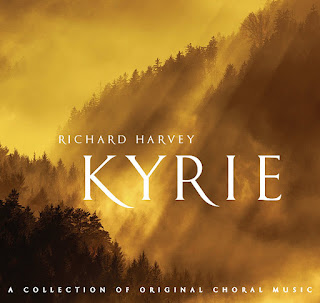





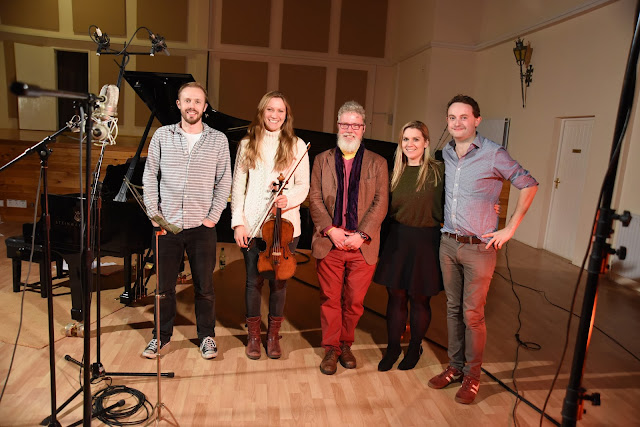
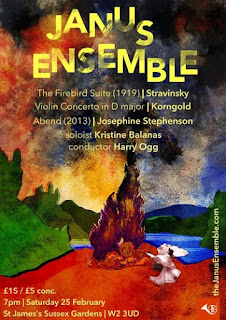





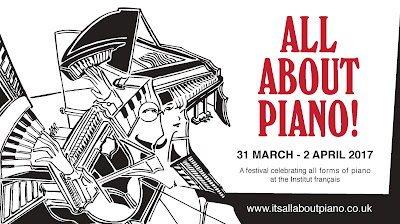

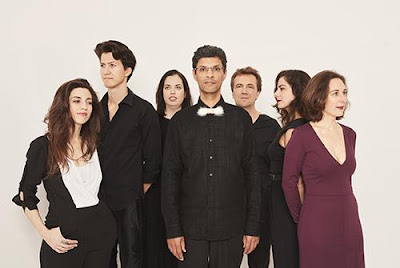



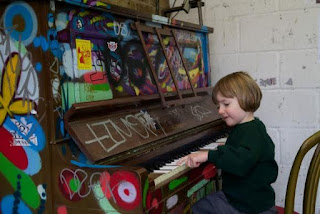




%20in%20The%20Merry%20Widow.%20Credit%20Mihaela%20Bodlovic.%20(2).jpg)

%20in%20Trial%20by%20Jury.%20Credit%20Mihaela%20Bodlovic..jpg)

%20Britten%20Pears%20Arts%20(1).jpg)



